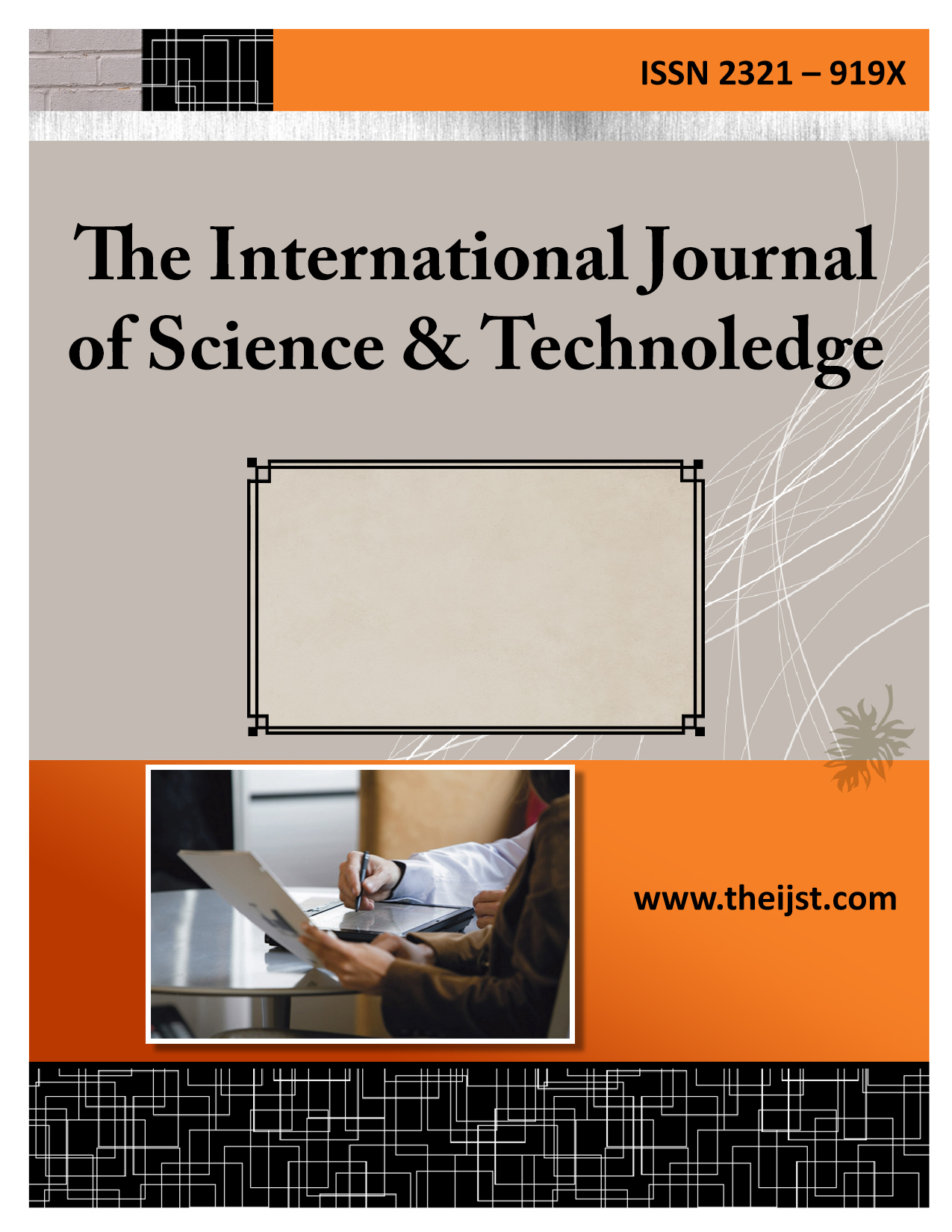Paving the way for a greener future through sustainable technology innovations is crucial to address the pressing environmental challenges we face today. Numerous journal calls for papers are talking about a greener future and offering solutions for climate change. Sustainable technology focuses on developing solutions that minimise the negative impact on the environment while meeting the needs of the present generation without compromising the ability of future generations to meet their needs. There are several key areas where sustainable technology innovations are making a significant impact:
- Renewable Energy: Transitioning from fossil fuels to renewable energy sources such as solar, wind, geothermal, and hydroelectric power is one of the most important steps toward reducing greenhouse gas emissions and combating climate change. Advances in solar panel efficiency, wind turbine design, and energy storage technologies are making renewable energy more accessible and cost-effective.
- Energy Efficiency: Sustainable technology innovations also focus on improving energy efficiency in various sectors, including buildings, transportation, and industrial processes. Smart energy management systems, energy-efficient appliances, and green building designs all contribute to reducing energy consumption and lowering carbon footprints.
- Electric Transportation: The transportation sector is a significant contributor to greenhouse gas emissions. The development of electric vehicles (EVs) and the expansion of EV charging infrastructure are critical to reducing carbon emissions from transportation and moving towards a more sustainable future.
- Circular Economy: Sustainable technology promotes a circular economy approach, where products and materials are designed to be reused, remanufactured, and recycled. This approach minimises waste and reduces the demand for new raw materials, thus conserving resources and reducing environmental impacts.
- Water Management: Sustainable technologies play a crucial role in preserving and efficiently managing water resources. Innovations in water recycling, desalination, and smart irrigation systems help conserve water and address water scarcity challenges.
- Green Building and Architecture: Sustainable building materials, energy-efficient designs, and smart technologies are transforming the construction industry. Green buildings significantly reduce energy consumption, promote healthier indoor environments, and contribute to a more sustainable urban landscape.
- Waste Management: Sustainable technology innovations are revolutionising waste management practices. Advanced recycling technologies, waste-to-energy processes, and improved waste sorting systems help reduce landfill waste and promote a more sustainable approach to waste handling.
- Agriculture and Food Systems: Sustainable agricultural practices, precision farming, and vertical farming technologies contribute to more sustainable food production, reducing the environmental impact of agriculture and ensuring food security.
- Carbon Capture and Storage: Carbon capture and storage (CCS) technologies aim to capture carbon dioxide emissions from industrial processes and power plants and store them underground. CCS plays a vital role in mitigating climate change by preventing carbon dioxide from entering the atmosphere.
- Eco-friendly Materials: Research and development of eco-friendly materials, such as biodegradable plastics, sustainable textiles, and green packaging, are reducing the environmental impact of consumer goods.
These sustainable technology innovations are essential for building a greener, more resilient, and prosperous future. However, we should remember that technology alone cannot solve the climate crisis; it is important to combine technological advancements with policy changes, public awareness, and collective action to address the global environmental challenges effectively. By embracing and investing in sustainable technology solutions, we can create a positive impact on the planet and secure a sustainable future for generations to come.











